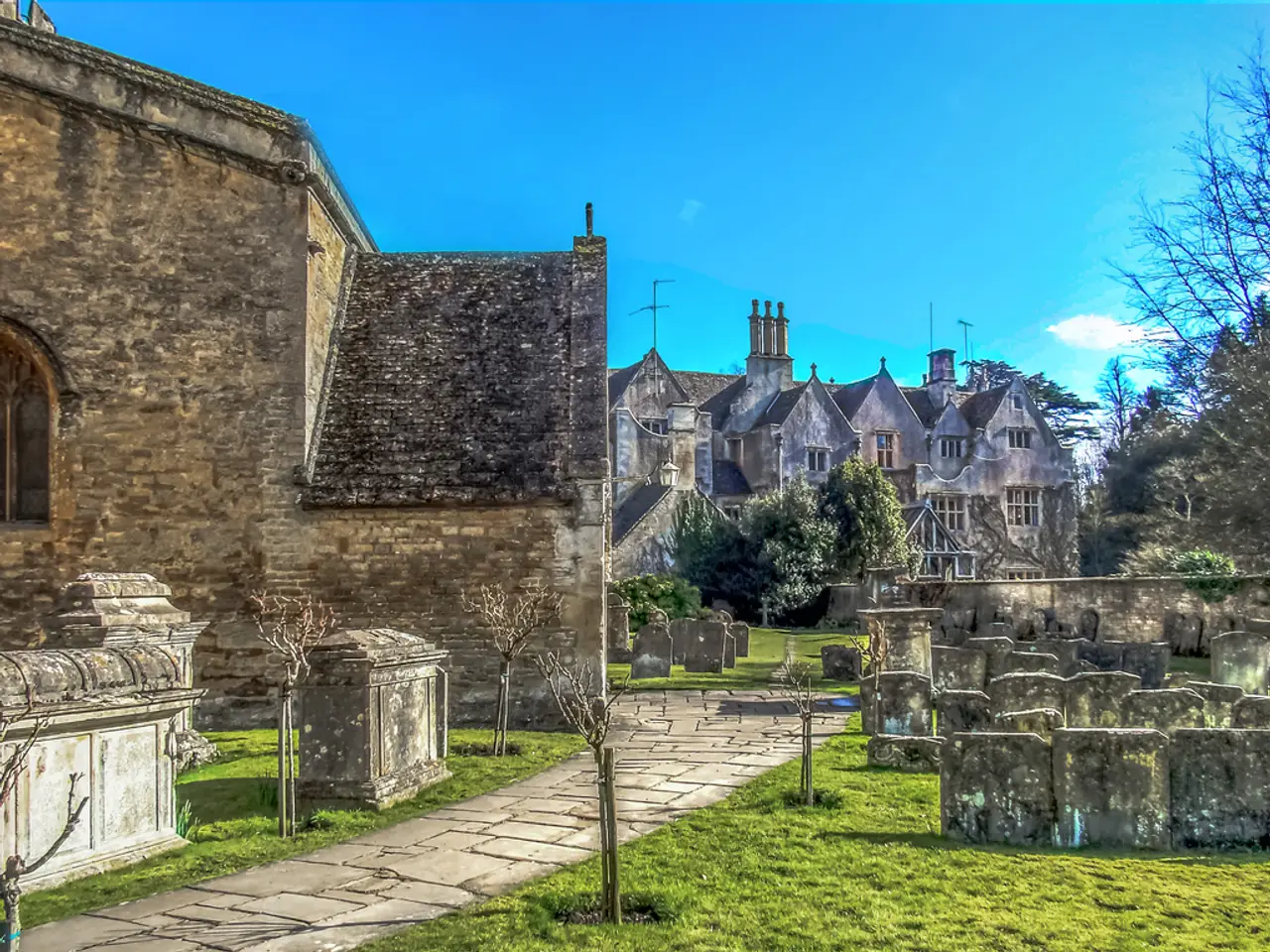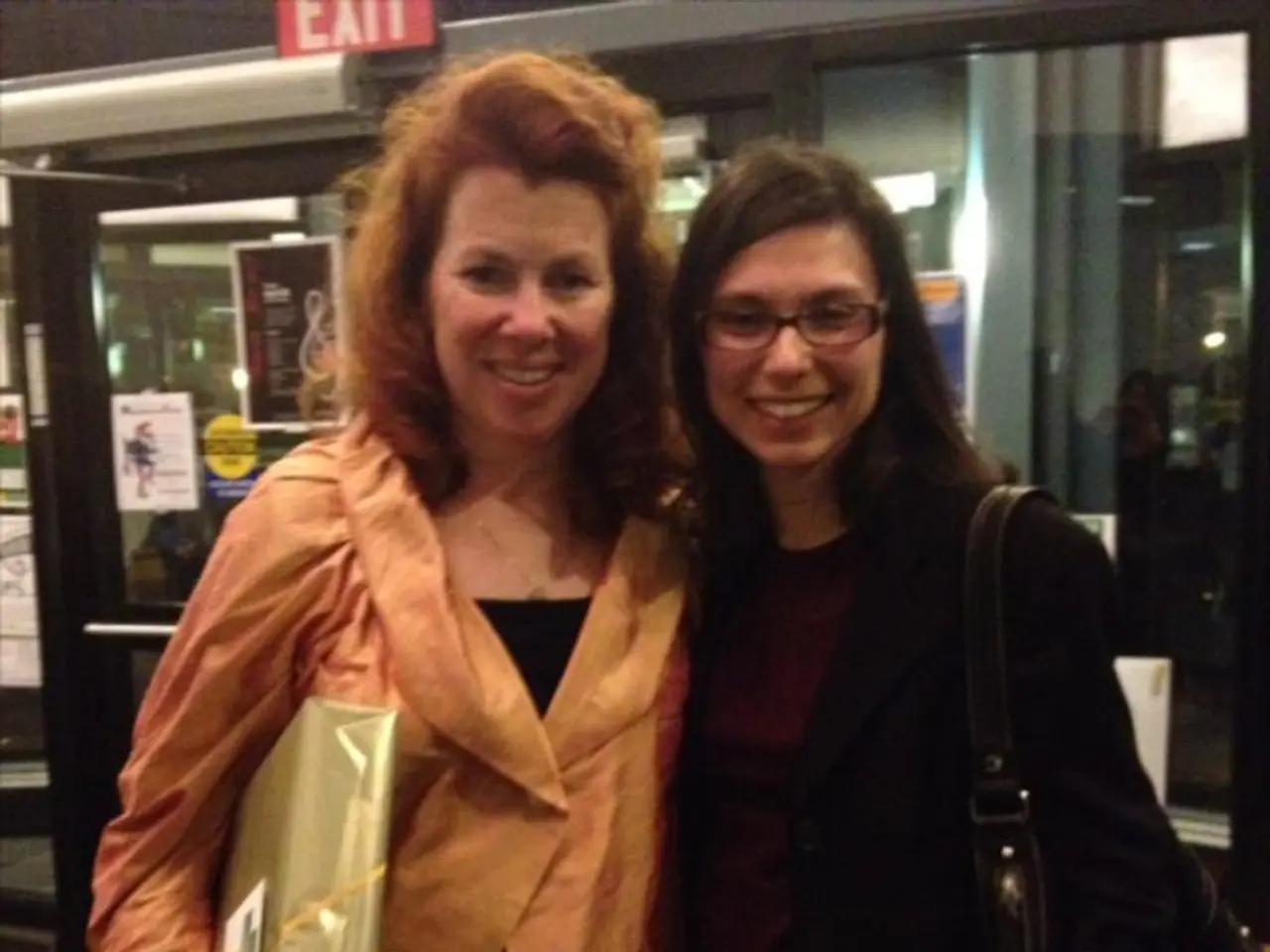Building Slumps in Rhein-Kreis Neuss: ACondition Unfavorable for Apartment Development
Residential Properties Face Endangerment
In the rough-and-tumble world of construction, the Rhein-Kreis Neuss housing market sure has taken a beating. The stark numbers tell the tale - a jaw-dropping 29.4% drop in building permits for apartments from January to September 2023 compared to the same period in 2022. It's been a beating, last seen in 2012, when a paltry 28,221 permits were issued.
So, what gave? A closer look reveals it's the multi-family houses that are feeling the brunt. These buildings sporting three or more apartments saw an 8,037-unit drop, a 30.0% plunge from 2022.
But the pain doesn't end there. Even solo and two-family houses have taken a hit, with a 40% drop in single-family homes and a 51.4% decrease in two-family homes. On the brighter side, residential homes saw an increase of 587 apartments, hitting 1,161 units.
This nosedive in permits doesn't just mean idle construction sites; it's a harbinger of a potential construction slowdown. The owner association Haus & Grund Deutschland paints a grim picture, reporting a cloud of uncertainty hovering over their member companies. The group attributes this uncertainty to government promises hanging by a thread due to budgetary issues.
The association is stressing the need for speedy and substantial funding to support the promotion of heating exchange and other energy efficiency measures. In their eyes, political statements and empty promises won't ease the unfolding uncertainty. What's urgently demanded, they insist, is cold hard cash - money available immediately in the forthcoming year.
In an emphatic stance, association president Kai Warnecke emphasized that the uncertain funding of the Climate and Transformation Fund, ruling in question, jeopardizes the 19 billion euros budgeted for 2024. He asserted that the ruling coalition must stand by their political promises, finance the Heating Act through full funding, or suspend it until a viable financing solution is found.
Here's a reality check: A thriving housing market needs nurturing conditions. If returns on investment don't meet expectations, developers will seek greener pastures, and, well, that's just the nature of the beast.
Now, while precise explanations for the downturn in Rhein-Kreis Neuss remain elusive in public reports, some expert speculation puts the blame on economic conditions, rising construction costs, planning regulations, shifts in demand, and land availability as the culprits. To uncover the specifics tailored to Rhein-Kreis Neuss, a deep dive into local government reports, real estate market analyses, and regional urban development policies is recommended.
- The declining housing market in Rhein-Kreis Neuss, as evidenced by a 29.4% drop in apartment building permits, suggests a challenging environment for apartment development.
- The slump in the housing market is not limited to multi-family houses; single-family homes and two-family homes have also experienced significant drops.
- The association Haus & Grund Deutschland has highlighted the uncertainty surrounding government promises and budgetary issues as key factors contributing to the current construction slowdown in the region.
- Political commitments, such as funding for energy efficiency measures, are critical in stabilizing the housing market, as the uncertainty and inadequate funding can potentially jeopardize investments in real estate and the broader economy.








